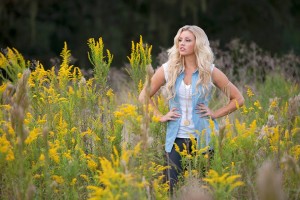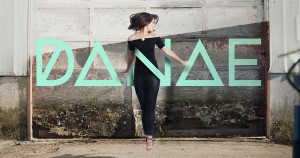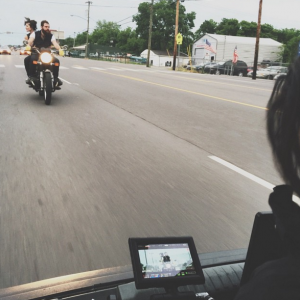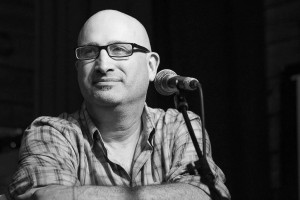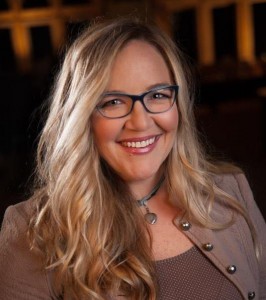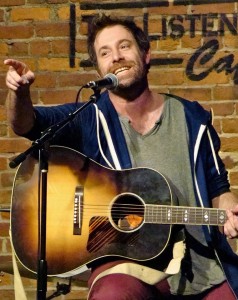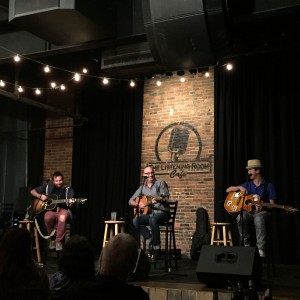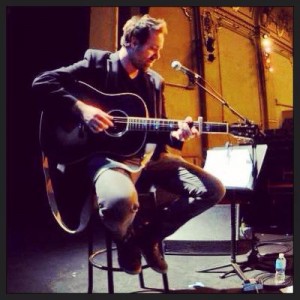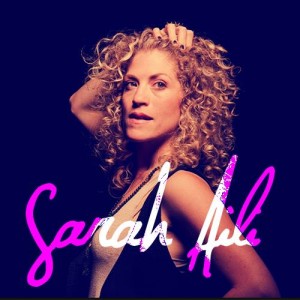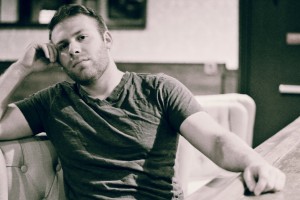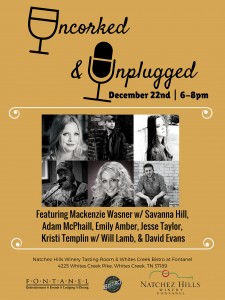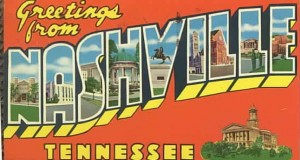Songwriting Session is a new weekly column that goes behind-the-scenes with artists and songwriters. Each Sunday, a new songwriter will share their journey and provide lessons they’ve learned along the way. This week, Rachael Turner shares what she has learned as a songwriter.
Rachael Turner caught the music bug at an early age. While growing up in Sugar Land, Texas, she began singing in a children’s choir at church and by the time she was 11 years old she had the solos. She began taking voice lessons as a teen and her passion for music led her to study at Nashville’s Belmont University where she received her degree in Commercial and Music Performance.
“I loved every second of it,” she says of her time at Belmont over coffee at Nashville’s Edgehill Cafe. “I think that really grew my love for music in general and it was a really great place to cultivate [my] style and who I was, because for a while I struggled.”
As Rachael explains, she wasn’t sure the genre of music she wanted to pursue. She grew up listening to country music but loved both the pop and country genres.
“There was never anything on the radio but country growing up,” she adds with a smile. “Dolly Parton, Lee Ann Womack, I wore those records out. My mom was probably tired of listening to me sing in the car, but yeah, Belmont helped me experiment and decide.”
At Belmont, Rachael discovered that she loved country too much to stray from it. “That’s where my heart and soul is,” she explains.
In 2012 while a senior at Belmont, Rachael signed with Rustic Records and has since released four singles while trying her hand at songwriting and working on her debut album. She says her degree from Belmont has helped her communicate with the musicians she works with and her producers, allowing her to speak their language and gain insight into the industry as a whole.
Her previous singles have been written by well established songwriters including Brandy Clark, Jeff Cohen and Lance Carpenter. While Turner doesn’t have a writing credit yet, she says she is learning the importance of co-writing within the Nashville community.
“I come up with great concepts and ideas and every now and then I’ve got some great little one liners or a good melody piece, but I’m not the strongest of pulling it all together in the best way possible,” she admits. “I’ve come to really value extra opinions and other ideas to help weave the fabric together.”
She adds that she loves being able to bounce ideas off her co-writers because it keeps things fresh and allows her songs to come to life. Rachael says she plans to co-write more often in the coming year with the goal to make her music relatable to listeners.
“I really think that will help solidify who I am as far as what music I make,” she explains. “There’s something about having something you wrote that came from your heart. I only sing about things that I can personally relate to. I want people to get to know me and my music and also be able to emote though music as well, because music is the best therapy. You can lock yourself in your car and sing at the top of your lungs and let all of that emotion go in song. That’s what I want people to do with my songs.”
Rachael’s previous single “I Don’t Love You,” written by Brandy Clark, does just this. As she explains, she heard the song years ago but had trouble relating to it herself. After going through a difficult breakup, she stumbled back upon the song and her entire perspective on the song changed.
“The very first time I heard the song I knew there was something special about it, but it didn’t strike a chord with me,” she recalls. “A couple months down the road, a boy broke my heart, and I just remember going through the CDs again and I heard that song again and I was like, ‘This is my life right now.’ I was in a place where at night I would go to sleep and I couldn’t sleep. Just this constant loop of, ‘What did I do wrong? Was there somebody else? Why didn’t this work out?’ All these questions and self doubt, [my] broken heart talking. Everybody’s been there.”
Rachael says recording the song helped her move on from the heartbreak and she hopes it will have the same effect on her listeners. More recently, she released her new song “Aftershock” to country radio. It tells the story of the end of a relationship and just like on “I Don’t Love You,” her emotion shines through as she sings of trying to pick back up the pieces after a heartbreak.
Rachael is currently working on her debut album with producer Chuck Ainlay (Miranda Lambert’s Platinum, David Nail’s I’m a Fire) and says what is most important to her is showing her authentic self throughout her music. Additionally, she hopes her music shows her versatility.
“I want to be real. I want people to able to reach out and touch me and touch my music. I just want to be an open book for people,” she concedes.
For more on Rachael Turner, visit her website.
